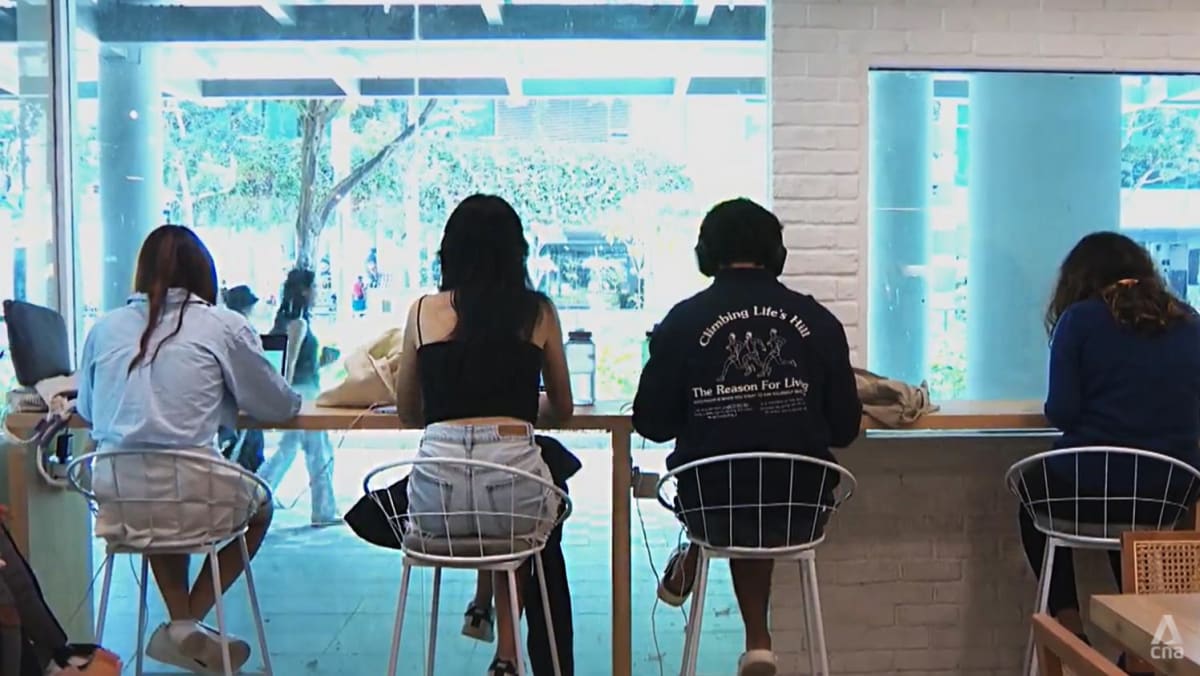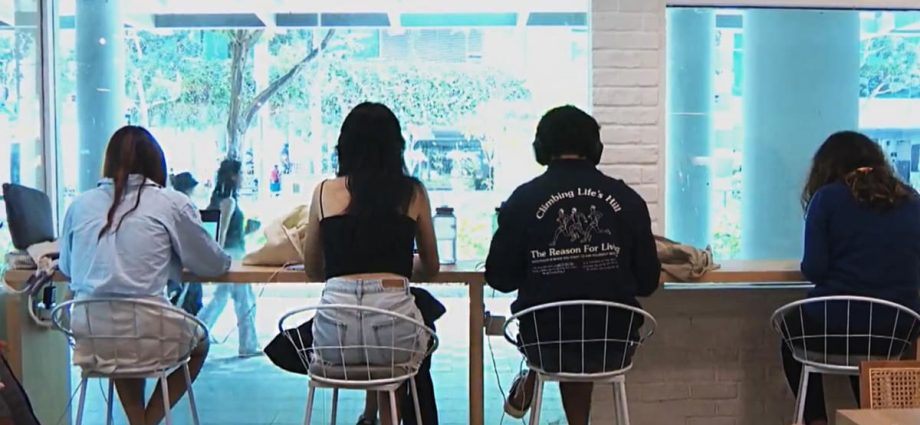
NOW WHAT CAN WE DO?
Initially, I struggled to find ways to encourage my students to reflect and learn from their experiences. On one occasion, a student shared that she had difficulties navigating through her thoughts in reflection. She felt that she was not getting anywhere.
I then realised that students may lack the conceptual resources necessary to guide and structure their own introspection.
I started leading by example, sharing my personal reflections with them to provide models for thorough and fair introspection. I also facilitated reflections, guiding them with structured questions to navigate their thoughts and feelings, explore additional perspectives or find new ways to reframe a situation. These equipped them with strategies and questioning methods that enabled them to introspect more deeply on their own.
For reflections to have a lasting impact, I found it useful to formalise and set aside time and space for regular reflections throughout the semester – this facilitates regularity in reflection especially for those yet to develop a habit for regular reflections.
Overall, these efforts contribute toward fostering a culture of reflection amongst my students. Many have since become more accepting of their mistakes, more willing to experiment, and more reflective about themselves and what they do.
The end of the year is a time traditionally meant for setting resolutions for the new year. We can use this as an opportunity to foster a culture of reflection in our homes, teaching our youths to use reflection as a tool for learning, growth, and self-acceptance.
A practical starting point is the Model of Reflection by Professor Gary Rolfe and his colleagues in 2001 which asks three simple questions: What? So What? And now what?
Here are some questions we can use to guide our self-reflections or to facilitate reflections with our children (they can do it as a conversation or write it in a journal) – the aim is not to be self-critical, but to fairly evaluate ourselves for growth:
What?
- … were the good and bad things that happened in the incident?
- … was I trying to achieve – did I intend for it to happen the way it did?
- … were my feelings at that time?
So what?
- … does this reveal about myself?
- … does this say about my knowledge/skills in handling the situation?
- … could I have done differently?
Now what?
- … would I say to support my best friend if he/she experienced what I did?
- … can I do to improve my ability to handle the situation if it happens again?
- … will I do the next time a similar situation arises again?
By integrating self-reflection into our daily lives, we can shift the focus away from merely doing more to becoming more – more reflective, more self-aware, and more prepared for the complexities of life. This, I believe, is a critical step toward nurturing a generation to be more emotionally and psychologically resilient, ready to face and shape their future.
Jonathan Sim is Associate Fellow of the NUS Teaching Academy and Lecturer with the Department of Philosophy at National University of Singapore.

